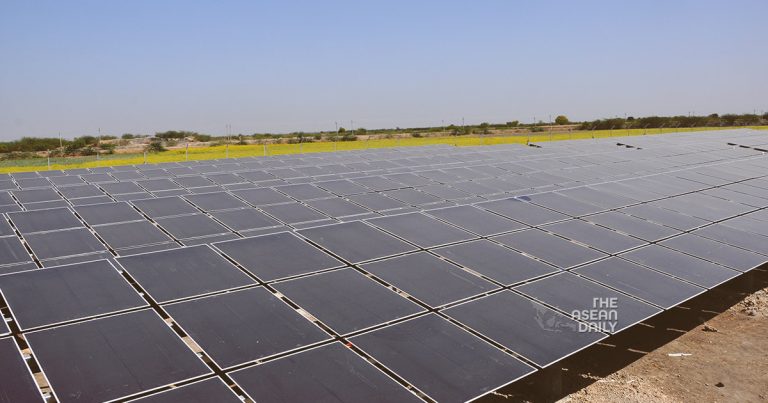31-7-2024 (SINGAPORE) The Asian Infrastructure Investment Bank (AIIB), a China-backed multilateral lender, has announced it has exceeded its climate finance goal two years ahead of schedule. The bank is now setting its sights on further expanding its climate-oriented lending, with a particular focus on projects involving private sector participation and those in the Association of Southeast Asian Nations (ASEAN) region, according to AIIB President Jin Liqun.
Speaking at the 16th ASEAN & Asia Forum in Singapore on Tuesday, Jin revealed that approximately 20% of the bank’s approved financing, totalling over US$50 billion to date, has been directed towards ASEAN nations. However, he emphasised that this amount is still insufficient to meet the region’s needs.
“ASEAN nations need to go a step further to strengthen connectivity and ramp up efforts to finance climate change mitigation and adaptation projects,” Jin stated. He underscored the AIIB’s commitment to supporting ASEAN countries in their economic integration efforts and their pursuit of sustainable development and climate change mitigation.
The Beijing-headquartered AIIB, which stands as the world’s second-largest multilateral development bank with 109 members and US$100 billion in capital, has made significant strides in climate financing. In 2023, the bank provided US$3.43 billion in climate financing, representing 60% of its total financing approvals. This marks a substantial increase from US$2.39 billion and 56% in 2022, when the bank surpassed its 2025 target of 50%, set in 2021.
Jin expressed confidence that the bank’s climate-oriented lending will continue to grow, given the urgency of the climate crisis and the substantial financing gap. However, he refrained from setting a new specific target, emphasising instead the bank’s focus on improving the effectiveness of its financing.
The AIIB’s board recently approved a new lending initiative based on climate policy, aiming to incentivise nations to enhance their regulatory environments for climate financing to achieve net-zero emissions. The first loan under this policy, a US$400 million facility to Bangladesh, was approved in June.
Jin also highlighted the importance of creating conducive environments for private sector investment in climate projects. “In many cases, the macroeconomic and regulatory environment is not conducive to mobilising private sector financing for climate mitigation and adaptation, so we need to improve the ecosystem of the country,” he explained.
Looking ahead to the global climate talks scheduled for November in Baku, Azerbaijan, Jin called for nations to set aside protectionism and national interests. “We should push back on geopolitical fragmentation,” he urged, stressing the necessity of international cooperation to achieve net-zero emissions and address the worsening climate situation.
As the AIIB continues to evolve, it faces the challenge of filling four vice-president positions over the next six months as the terms of existing top executives come to an end. Jin revealed that an executive search firm is assisting in screening over 100 applications for these crucial roles.




